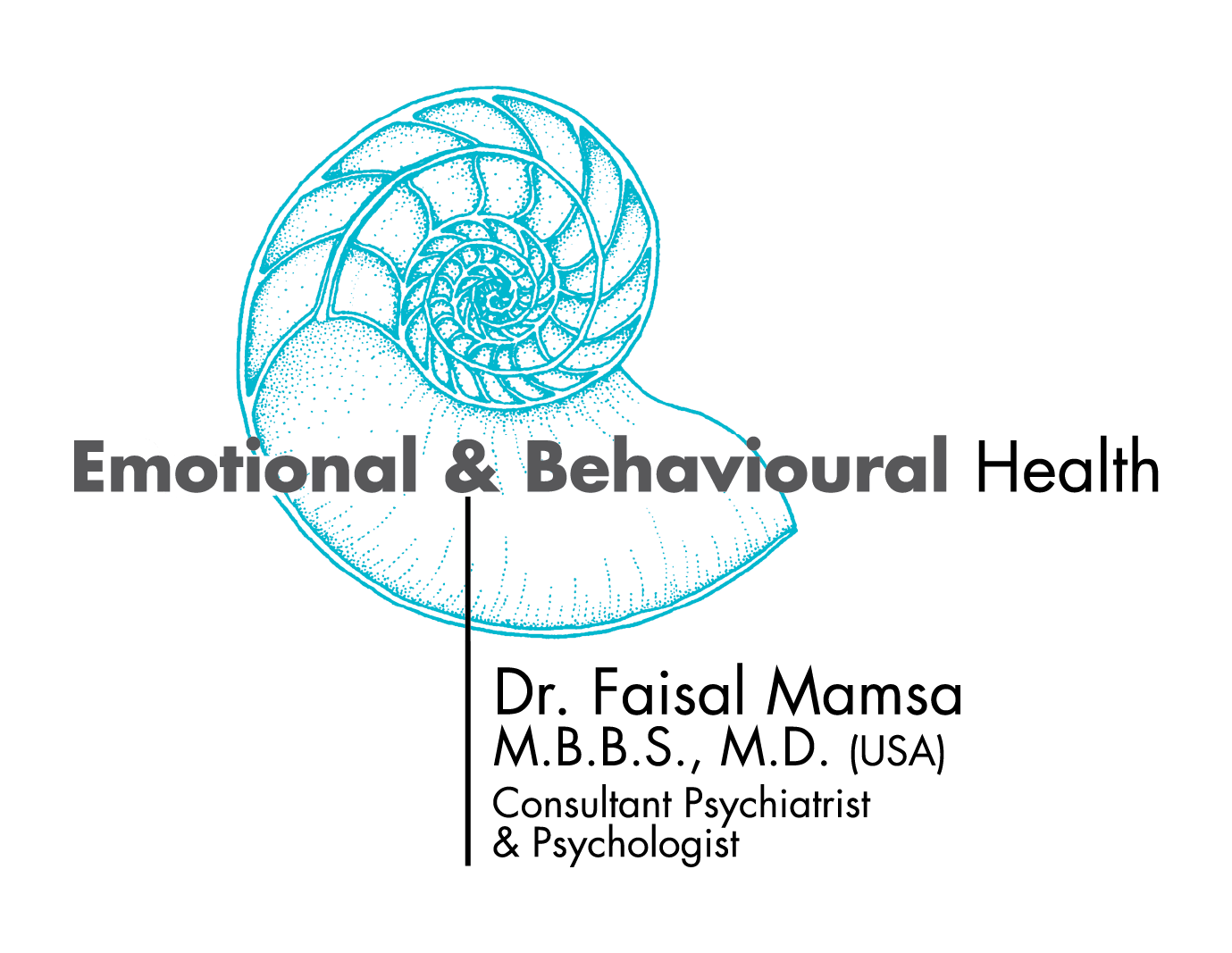
What is OCD?
Obsessive compulsive disorder or OCD is an illness in which the patient has recurring, unwanted intrusive thoughts, ideas and or sensations that urges them to do something repeatedly. These repetitive behaviours, such as hand washing, checking on things or cleaning, can immensely interfere with a person’s daily activities and social life.
How is Obsessive compulsive disorder (OCD) diagnosed?
A diagnosis of Obsessive-compulsive disorder or OCD requires the presence of obsessions and or compulsions that eat up the patients time (over one hour a day), causes distress, and interfere with their work or social life. OCD affects 2% of people globally.
What causes Obsessive compulsive disorder (OCD)?
The cause for OCD is unknown but there are some genetic factors that come into play and it has been linked to a history of child abuse and or events in the patient’s life that may have caused great amounts of stress.
What are some of the symptoms of OCD?
OCD is not the same for everyone, it can affect everyone differently. Some people might face the fear of getting contaminated by other people or the environment, disturbing sexual thoughts o extraordinary concern with symmetry and precision or the irrational fear of losing something important.
Some of the typical compulsions that one may face while suffering from this disorder can be excessive hand washing, brushing teeth or showering, repeated door or lock checking, Repeatedly cleaning household items and ordering them and arranging them again and again and counting to a certain number are all some of the typical examples of OCD.

How can OCD be treated?
Management and treatment for OCD are possible, however, forms of psychotherapy and psychotropic medications are the first steps used to treat OCD.
Dr Mamsa’s multi-modal treatment methodology involves a combination of expertise in psychopharmacology (medical treatment) with psychotherapy. He emphasizes a strong belief in the additive effect of various treatment modalities to work in conjunction rather than simply prescribing medication.
